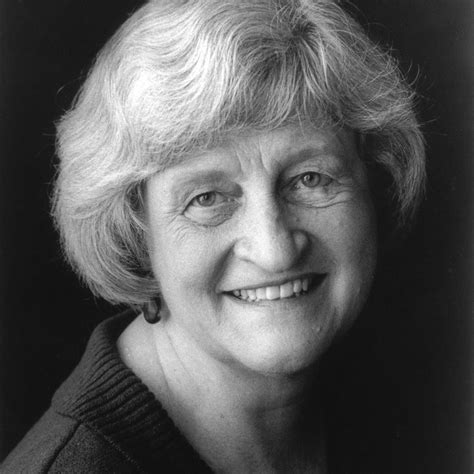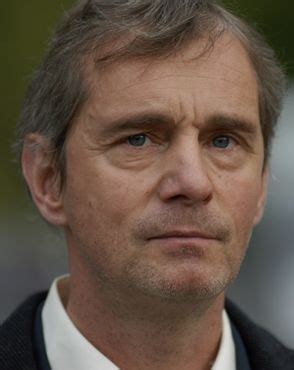A Quote by Lewis H. Lapham
About the presence of death and dying I don't remember the society in the 1950s being so skittish as it has since become. People still died at home, among relatives and friends, often in the care of a family physician. Death was still to be seen sitting in the parlor, hanging in a butcher shop, sometimes lying in the street.
Related Quotes
The world is deathly ill. It is dying. The Great Physician has already signed the death certificate. Yet, there is still a great work for Christians to do. They are to be streams of living water, channels of mercy to those who are still in the world. It is possible for them to do this because they are overcomers.
When one existentially awakens from within, the relation of birth-and-death is not seen as a sequential change from the former to the latter. Rather, living as it is, is no more than dying, and at the same time there is no living separate from dying. This means that life itself is death and death itself is life. That is, we do not shift sequentially from birth to death, but undergo living-dying in each and every moment.
But we are not interested in death at all: rather, we escape the facts, we are continuously escaping the facts. Death is there, and every moment we are dying. Death is not something far away, it is here and now: we are dying. But while we are dying we go on being concerned about life. This concern with life, this over concern with life, is just an escape, just a fear. Death is there, deep inside - growing.
This is what is meant by "sacrifice", literally, the "making sacred" of an animal consumed for dinner. Yet sacrfice, because it dwells on the death, is a concept often shocking to the secular modern Western mind - to people who calmly organize daily hecatombs of beasts, and who are among the most death-dealing carnivores the world has ever seen.
And he remembered thinking then that if she died, he was certain he wouldn't cry. For it would be the dying face of an unknown, a street face, a newspaper image, and it was suddenly so very wrong that he had begun to cry, not at death but at the thought of not crying at death, a silly empty man near a silly empty woman.
Misunderstanding may arise by confusing the Buddhist and scientific definitions of death. Within the scientific system you spoke quite validly of the death of the brain and the death of heart. Different parts of the body can die separately. However, in the Buddhist system, the word death is not used in that way. You'd never speak of the death of a particular part of the body, but rather of the death of an entire person. When people say that a certain person died, we don't ask, "Well, which part died?"




































